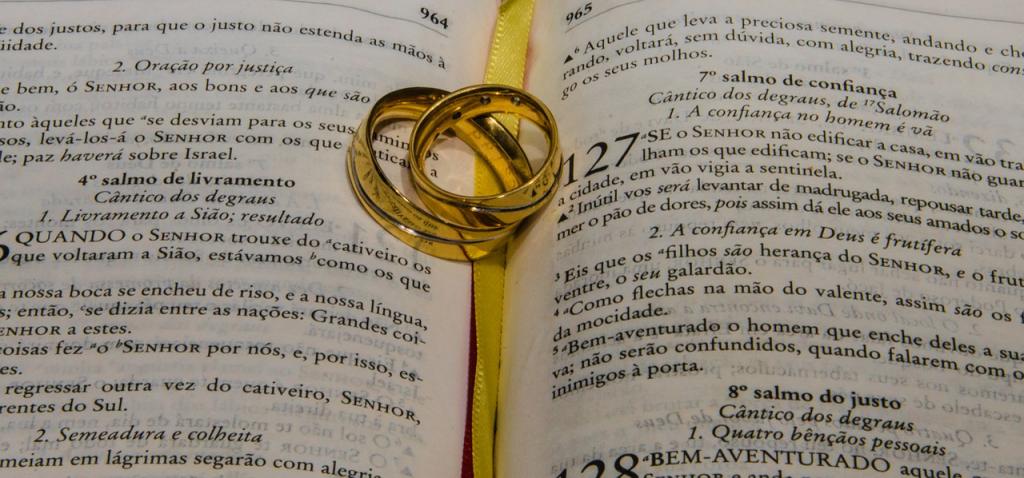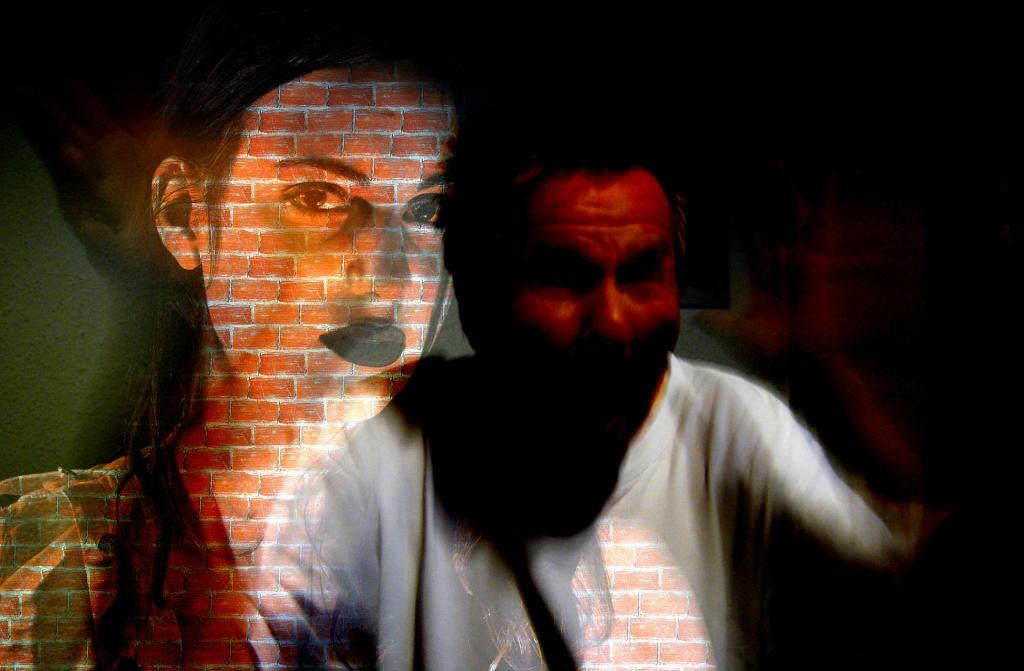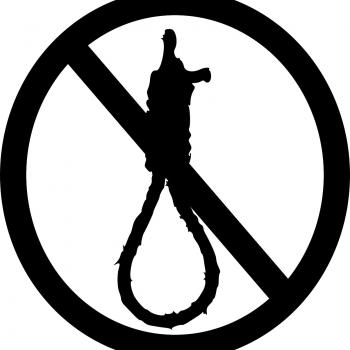
“The Bible” apparently provides license, in Portugal, for a man to abuse his wife. This is the conclusion that the judges of the Court of Appeals of Porto have reached in a case in which a husband beat his wife half to death with a nail-spiked club while the woman’s former lover, who had kidnapped her, held her down.
Not content with the suspended sentence of 15 months and a fine of about $2,000 handed down against the husband, a prosecutor in Porto, Portugal’s second-largest city, asked an appeals court for prison time of three-and-a-half years. Though the judges made their ruling on October 11, the same has only come to light this week after it was published by the Portuguese newspaper Jornal de Notícias.
The sentence makes for grim reading, for all thinking people but especially for Catholics, as it relates in part that “… adultery by a woman is a very serious attack on a man’s honor and dignity”. “Societies exist”, the judges continue in their ruling, “where the adulterous woman is stoned to death. In the Bible, we can read that the adulterous woman should be punished with death“.
The court attempted to excuse itself by saying its references to the Bible, as well as other archaic laws, “are merely intended to emphasize that society has always strongly condemned adultery by a woman and therefore sees the violence by a betrayed, vexed and humiliated man with some understanding”. Women’s rights groups, legal experts and religious leaders were, however, understandably incensed by the ruling.
Amnesty International Portugal said in a statement that the use of the Old Testament in a court ruling was a “manifest violation” of the separation of Church and State – part of Portugal’s constitution – while the UMAR, the Woman’s Union Alternative and Response, declared in a statement that “evoking the Bible does not combine with the rule of law in our country and discredits the judicial norms”. Ângela Miranda, a member of the feminist movement ‘Por Todas Nós’ also criticised the Porto judges’ exegesis, saying that, in the secular state that is Portugal, “we cannot accept a judge using quotes from the Bible to justify violence against women”.

The Church’s response
But what, then, has the Church had to say of the decision? Father Manuel Barbosa, secretary of the Portuguese Episcopal Conference, told the religious news agency Ecclesia that “you cannot attenuate or justify any kind of violence – here, domestic violence – even in the case of adultery”.
Barbosa also accused the Porto judges of an erroneous or incomplete use of the Bible, and appealed to the episode of Jesus’ encounter with the adulterous woman (John 8:1-11). “Jesus asks those who have no sin to cast the first stone” at the women, observed Barbosa, but her accusers all “just simply walk away”.
A curious passage to use, one might say, to convey the message Barbosa apparently wanted to get across that “there is a need to respect the dignity of women and to put oneself in a perspective of forgiveness and mercy” – in the language Pope Francis so often uses – but without that forgiveness and mercy implying necessarily an acceptance of adultery.
The Bible and the Portuguese “ultra-orthodox patriarchy”
The Ecclesia website, on which Barbosa’s comments were published, attempts its own justification of the Bible and the Church’s attitude towards women. It cites, for example, some words of Pope Francis’ in his message for the World Day of Peace this year, in which he pleads “for an end to domestic violence and to the abuse of women and children”.
But the question still remains: to what extent does the Church, and the Bible and the faith, contribute to the “ultra-orthodox patriarchy” that was a cornerstone of the Salazar dictatorship and still reigns in parts of the country? To what the Portuguese politician André Silva has called the “Sharia law in the Court of Porto” after this outrageous decision handed down by the appeals judges? Certainly it is all a case of absolute inhumanity, first, and of absolute jurisprudential and religious illiteracy, second.
But I still wonder: would it make much difference to this case if a better-translated Bible had been at hand? A better-explained one? Can the Bible shed light on the things that Western society has “always” believed – its foundations – even if we shouldn’t put into that category the punishment a woman “deserves” for cheating on her husband?













